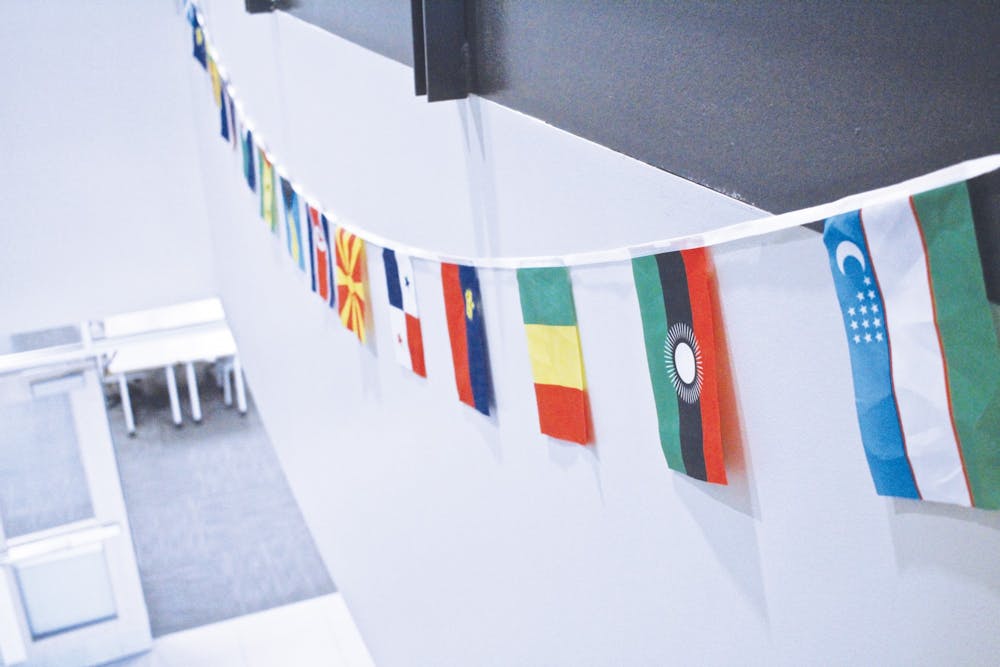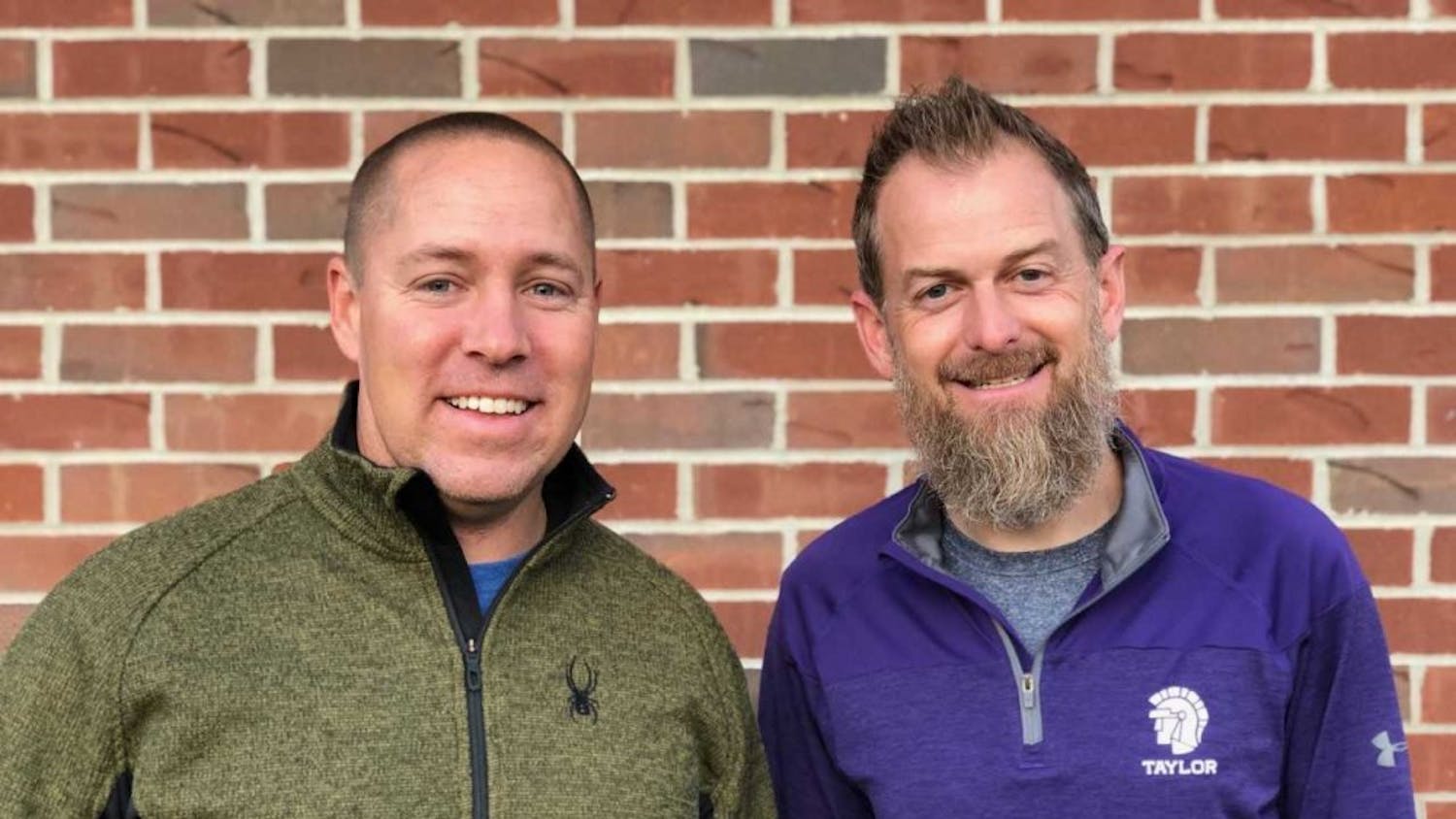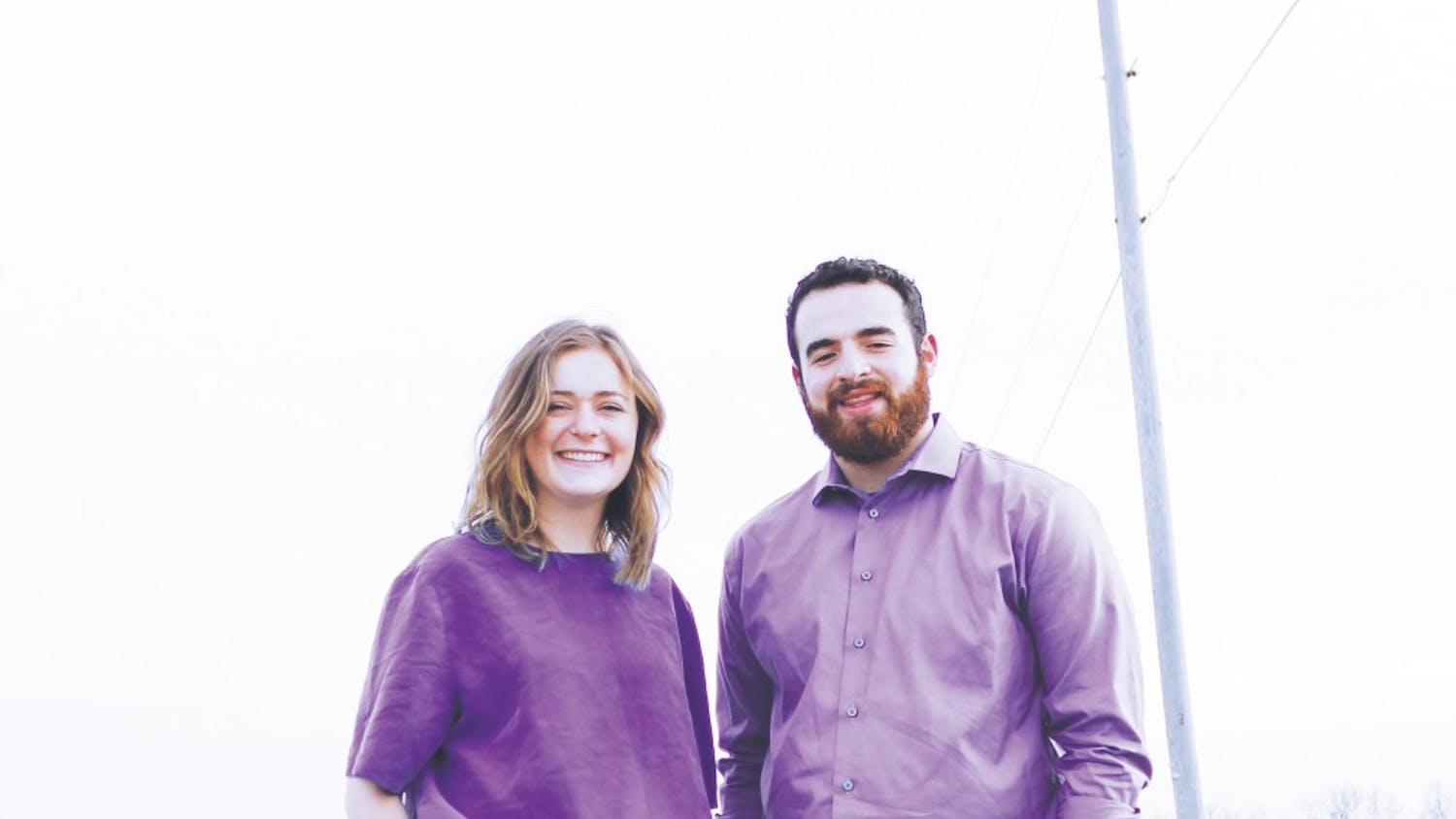On Feb. 13, the Multicultural Philosophy Statement, one of Taylor’s core documents, was revised and ratified after meetings, proposals, edits and feedback.
The edited statement outlines how Taylor wants to embrace diversity and live out the Bible’s call to love one another no matter our ethnic, cultural, socio-economic and national divisions, as the Gospel transcends all those things.
Following God’s call to love, along with living humbly, repenting, seeking forgiveness and offering forgiveness are also detailed in the statement.
An initial announcements email was sent campuswide on Dec. 13, 2019 to inform the Taylor community that the Multicultural Philosophy Statement Task Force (MPSTF) was updating the statement and wanted feedback from students, faculty and staff.
The email explained how in February 2018 a Board of Trustees Multicultural Task Force was created to start a revision of the Multicultural Philosophy Statement.
After more meetings between the Board of Trustees and the task force, it was decided in the summer of 2019 the MPSTF would produce a revised Multicultural Philosophy Statement.
In Oct. 2019, the MPSTF, co-chaired by Rev. Greg Dyson Special Assistant to the President for Intercultural Initiatives and Trustee Shá Wilfred, presented an initial first draft to the Board of Trustees. After feedback from the board, coupled with more research, the MPSTF presented Taylor with a draft of the statement, which was sent via email to the Taylor community, along with a survey on Dec. 13.
In early 2020, the MPSTF used some of the feedback from the survey and more direct feedback to re-edit the statement and cut it down to a single page.
Dyson said since the text is not a legal document, moreso a philosophy Taylor wants to live by, making the statement more than one page is unnecessary.
"Even though we didn't put all of (the suggestions) in the statement, we're going to address and engage them in other ways on campus,” Dyson said.
While Dyson said the Life Together Covenant (LTC) mentions the same general ideas of the Multicultural Philosophy Statement, the statement supports a more specific text Taylor wants to follow.
In an official statement from Interim President Paige Cunningham, she explains the importance of acting out these ideas.
“As part of its regular review process, the Board of Trustees affirmed revisions to our Multicultural Philosophy Statement, and underlined the importance of being a welcoming, hospitable community that proactively strives for the diversity that expresses the beautiful body of Jesus Christ,” Cunningham wrote. “While admitting we will never be perfect, we move forward with a commitment to living out the Life Together Covenant in acknowledging shortcomings, forgiving, affirming, and celebrating one another. The statement is more than words on a piece of paper. It is a document that we must live out, not only in how we talk about it, but in what we actually do.”
Professor of Sociology Michael Jessup was a member of the MPSTF and said Taylor, along with American Christianity, is grappling with the ever changing racial, ethnic, gender, sexual identity, political and cultural landscape.
Since the last statement regarding the MPSTF was crafted in the 1980s, Jessup said it was time for a more updated text.
“Diversity is a moral, spiritual, cultural and social issue, and the survival of TU depends on the strength of its commitment to embracing diversity,” Jessup said.
Dyson made it clear the statement acknowledges mistakes have been made in the past at Taylor and there will be more mistakes made in the future.
He also said the Multicultural Philosophy Statement is clear about what to do when a mistake is made. The Bible outlines those steps, as followers of Christ should repent and seek restitution with those they have hurt.
“We don't always know what to do, but when something does happen, we do know what to do next,” Dyson said. “The willingness to wrestle with the next is equally important."
Jessup said this statement should not be an end to the discussion of diversity on campus, rather the beginning.
Since Taylor is a Christian Liberal Arts school, the community is called to speaking truth, conversing in uncomfortable dialogue, thinking, listening, healing, challenging and mourning injustice and embracing diversity, Jessup said.





